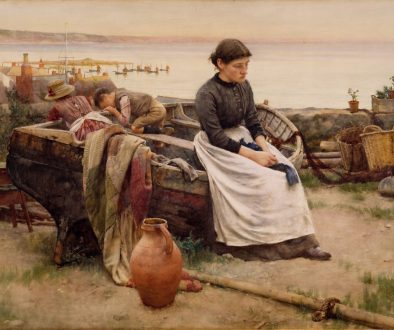Chapter 1 – Rights and Responsibilities of Citizenship

- One source of Canadian law: English common law
- Which is not a source of Canadian law? – Military code of France
- What is “Magna Carta”?: The Great Charter of Freedoms
- The Great Charter of Freedoms was signed in: England
- The Magna Carta was signed in: 1215
- The Great Charter of Freedoms is also known as: Magna Carta
- What does the Great Charter of Freedoms include?
Freedom of conscience and religion
Freedom of thought, belief, opinion and expression.
Freedom of conscience and religion
Freedom of association
- What is “Habeas corpus”: The right to challenge unlawful detention by the state
- As what is the “right to challenge unlawful detention by the state” known: Habeas corpus
- The source of Habeas corpus: English common law
- The Constitution of Canada was amended to include the Charter of Rights and Freedoms in 1982
- The amended Constitution of Canada in 1982 was proclaimed by Queen Elizabeth II
- The two principles upon which Canada is founded, are: The supremacy of God and the rule of law
- The Canadian Charter of Rights and Freedoms begins with:
“Whereas Canada is founded upon principles that recognize the supremacy of God and the rule of law”
- What are “mobility rights”?
Canadians can live and work anywhere they choose in Canada, enter/leave the country freely, and apply for a passport
- Who can enter and leave the country freely without time constraints: Canadian citizens
- Which three rights are included in the Canadian Charter of Rights and Freedoms?
Mobility rights, Aboriginal Peoples’ rights, and official language rights
- French and English do not have equal status in Parliament and throughout the government: False
- Canadians cannot leave their country freely: False
- Canadians work hard to respect: Pluralism
- What is a fundamental characteristic of the Canadian heritage and identity? Multiculturalism
- As a new immigrant to Canada, why can a woman get the same education as any man?
Because in Canada, men and women are equal under the law
- In Canada, abuse of your spouse is: Illegal
- What are three responsibilities of Canadian citizenship?
Obeying the law, taking responsibility for oneself and one’s family, and serving on a jury
- Which is not a responsibility of Canadian citizenship? Learning French and English
- Helping others in the community is a responsibility of Canadian citizenship
- Obeying the law is: A responsibility
- When called to do so, serving on a jury is: A legal requirement
- Volunteering is an excellent way to gain useful skills and develop friends and contacts
- There is no compulsory military service in Canada: True
- What is a noble way to contribute to Canada and an excellent career choice?
Serve in the regular Canadian Forces
- The rights guaranteed in the Canadian Charter will not adversely affect any treaty or other rights or freedoms of Aboriginal peoples: True
- In Canada, what does “equality of men and women” mean?
Men and women are equal under the law
- The right to apply for a passport is included in: Mobility Rights
- Which part of the Constitution summarizes fundamental freedoms while also setting out additional rights?
The Canadian Charter of Rights and Freedoms
- In Canada, individuals and governments are regulated by laws
- What is the significance of serving on a jury?
It makes the justice system work as it depends on impartial juries made up of citizens
- As a Canadian citizen, one has a responsibility to vote in: Federal, provincial or territorial and local elections


